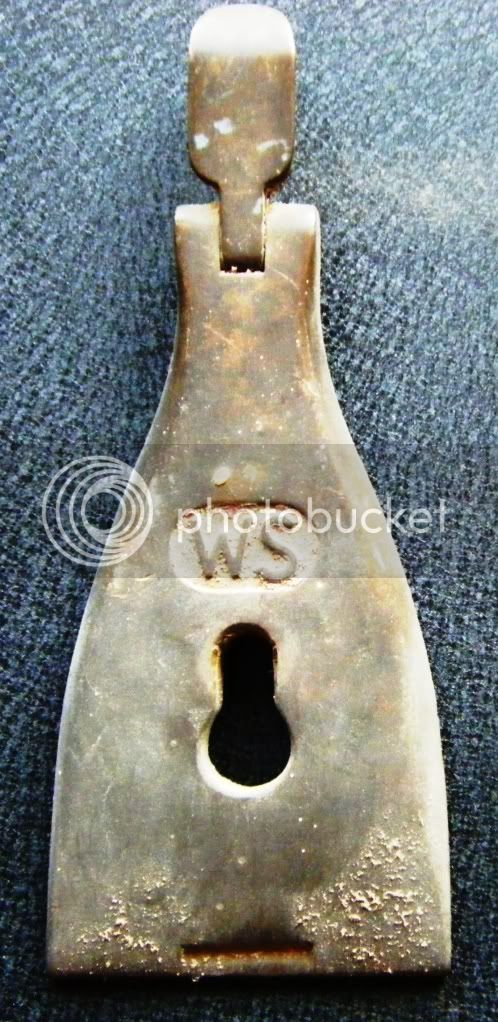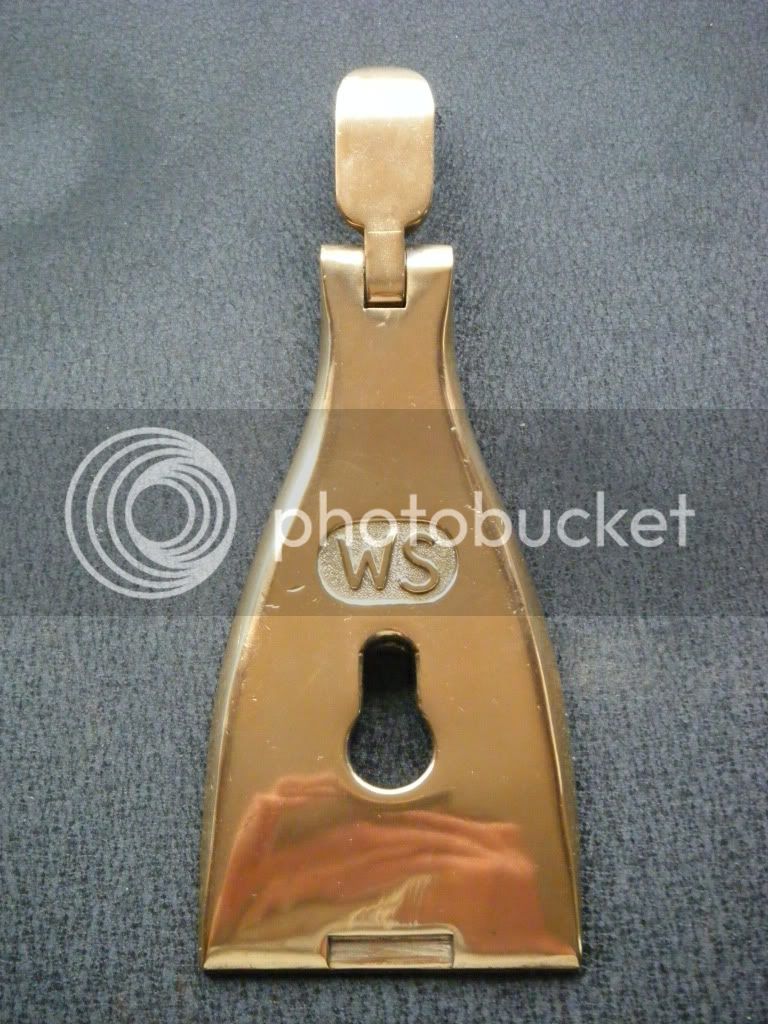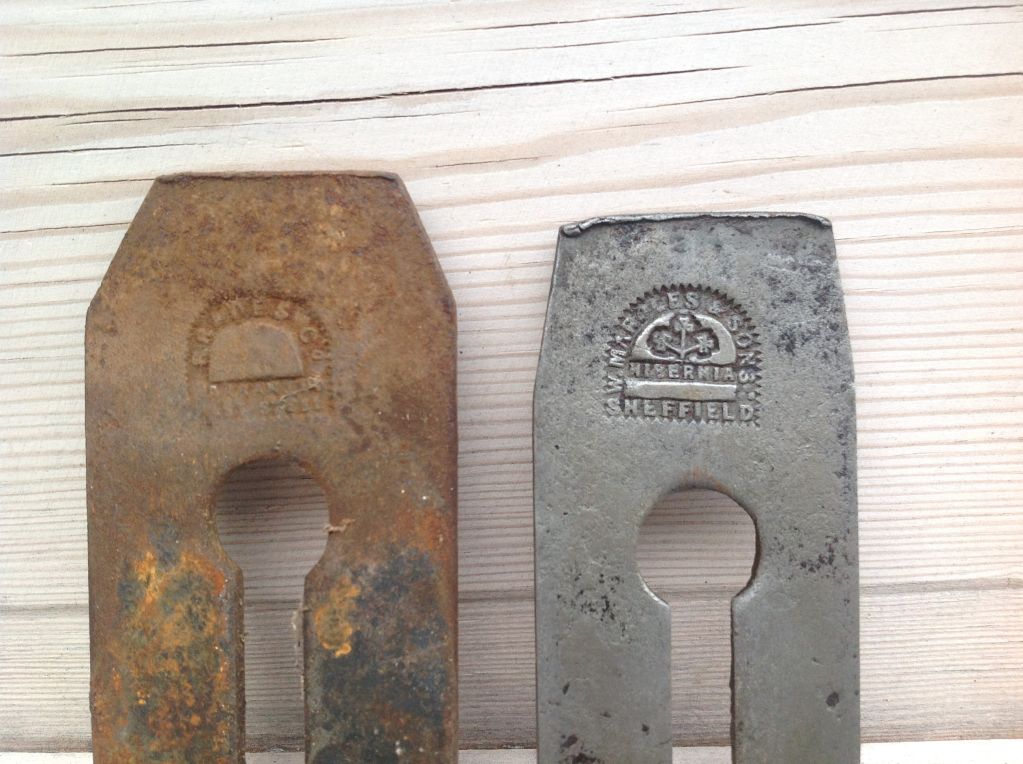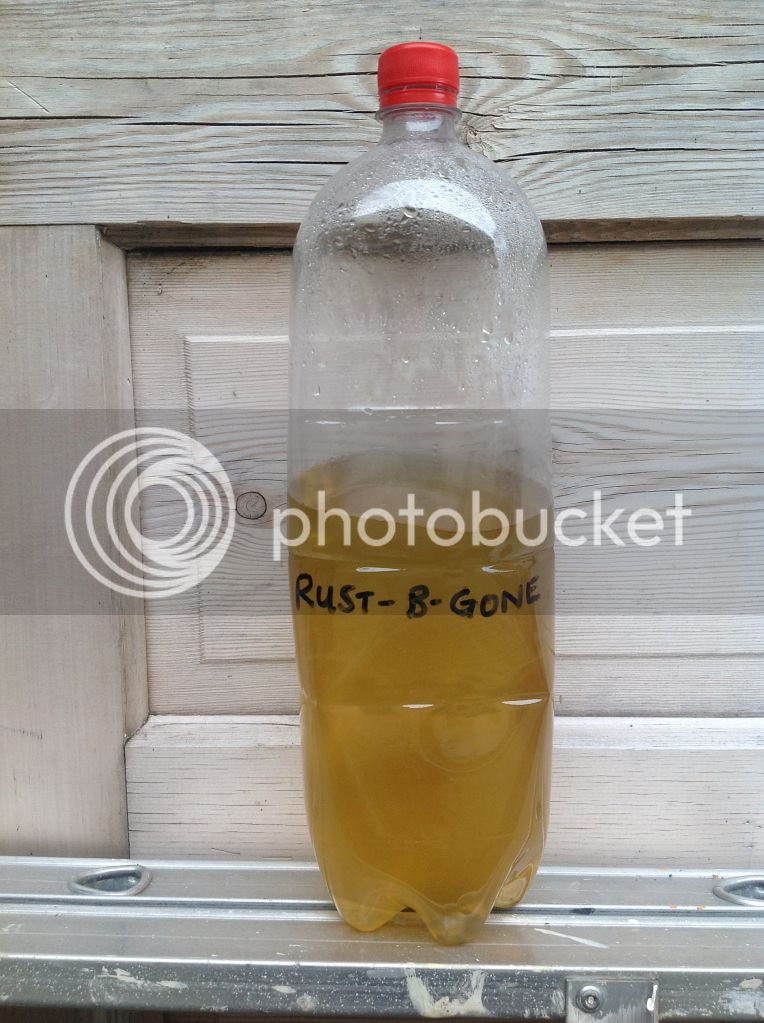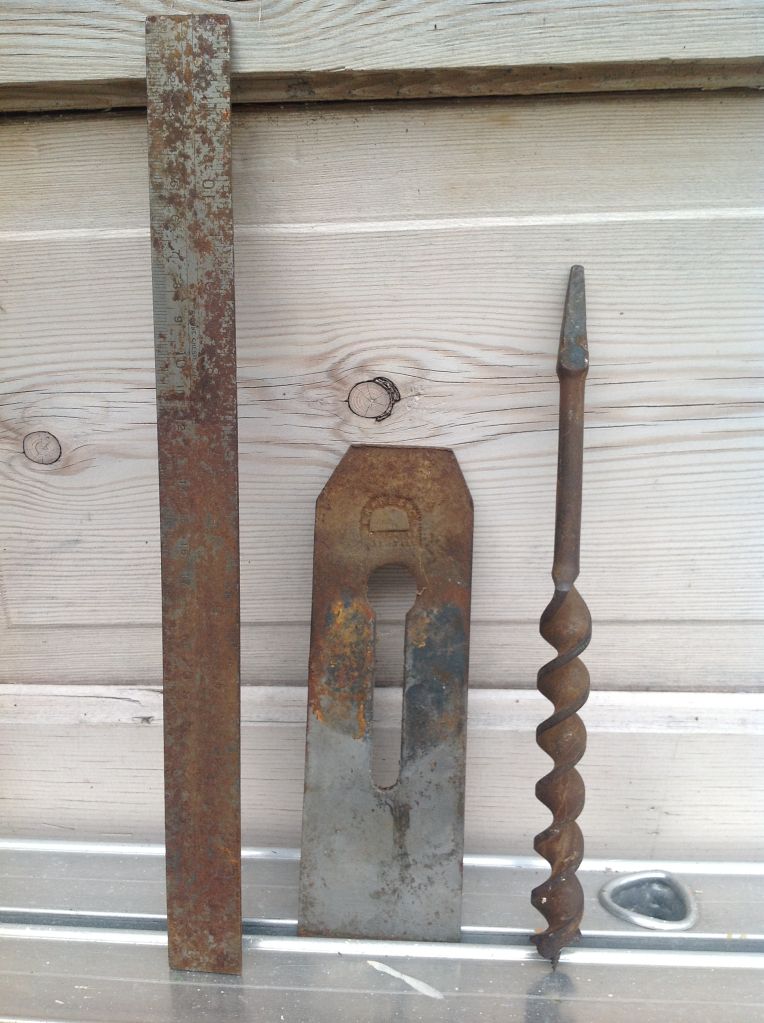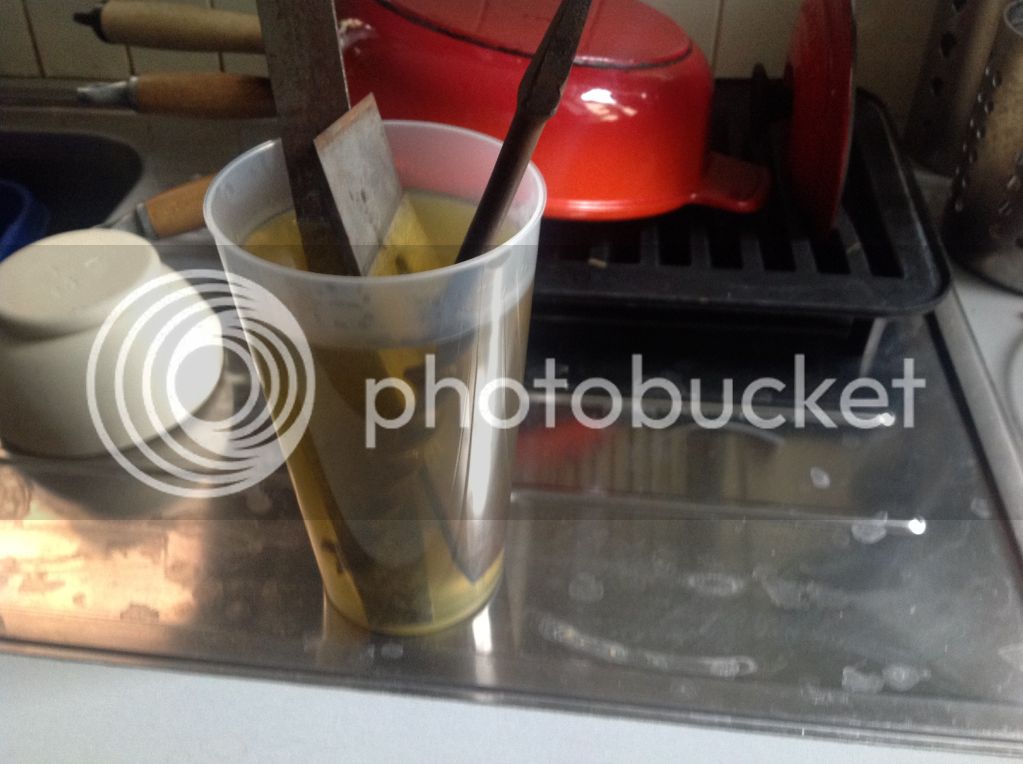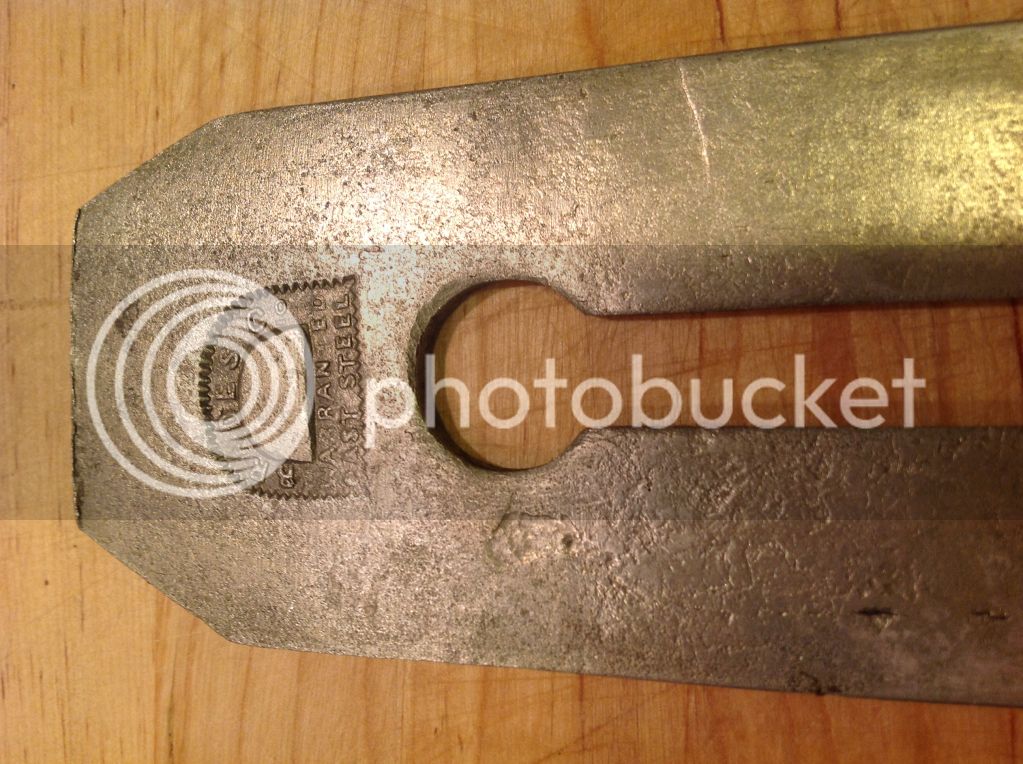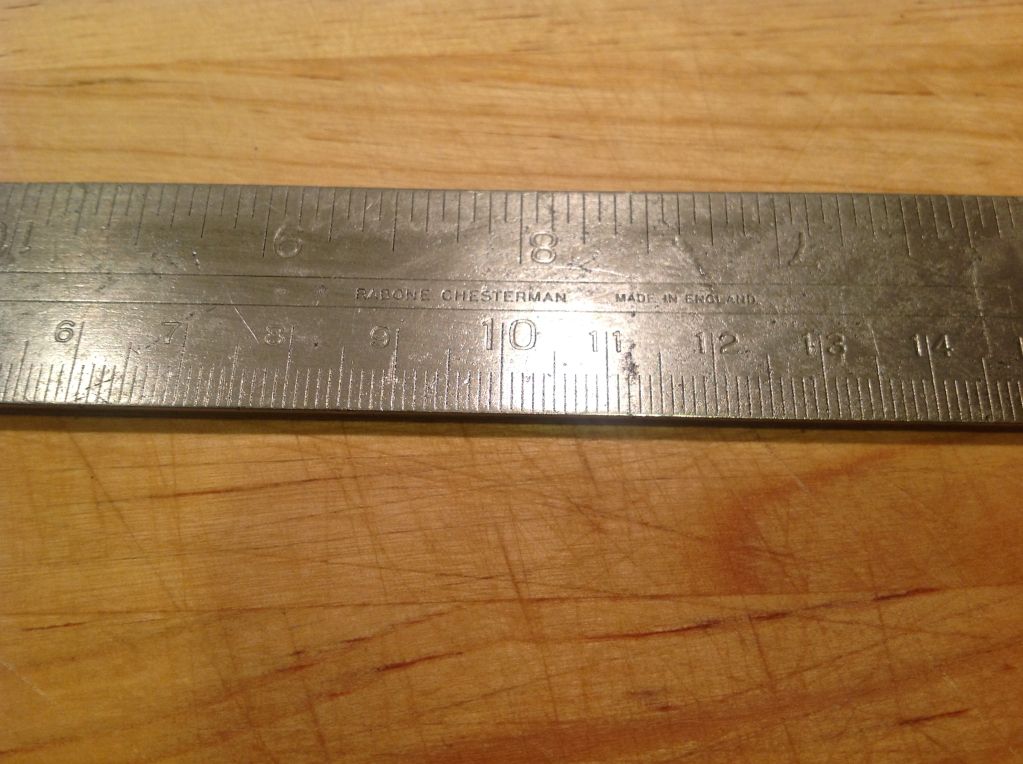I wouldn't pickle brass!
It's an amalgam of copper and zinc, and it readily suffers from de-zincification, which is one way for radiator valves to fail (they go cheese like).
If you clean it chemically, at best it will go copper-coloured as the zinc leaches out. At worst you will destroy its structural integrity. If it goes coppery, you can polish it back to brass colour usually, but anything that's very reactive will do damage.
I'd use something like Dura-Glit wadding (now "Brasso" brand), which is pretty gentle, or a weak acid, perhaps brown sauce (seriously!) if it's bad, bearing in mind you're taking metal away. Proper Brasso liquid works pretty well, but it contains more abrasive than the wadding (I think the active chemical is the same). I think the Brasso lot also now own Goddard's silver wadding - that ought to be even more gentle. You can also get good results with mild abrasives such as Jif (Zif/Cif/whatever) and Jewellers' Rouge, which, in theory, don't have the acidic ingredient.
Bear in mind too that it tarnishes readily after you've cleaned it. In the past I've successfully lacquered brass with cellulose car varnish, by warming the piece in the oven first (around 75, <100deg C), spraying it, then returning it to the oven. There are undoubtedly better ways, but I don't have a spray booth!
Hope that helps.
E.





